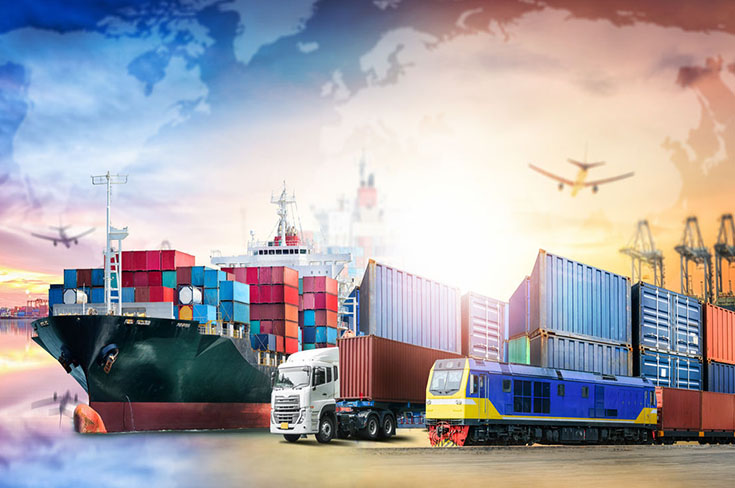Affected by the epidemic in the past two years, the cross-border e-commerce logistics industry, like most other industries, is undergoing tremendous changes. However, everything has two sides, it brings both growth opportunities and risks.
Judging from the current business volume in the cross-border e-commerce logistics market, standard dedicated line logistics products and overseas warehouse-related businesses occupy the vast majority of the market share, while traditional postal parcels and commercial express delivery have been gradually eliminated by the market. It is expected that the growth rate of private line and overseas warehouse-related businesses will be between 25% and 30% in the future. Among them, third-party or fourth-party overseas warehouse business accounts for 40% of overseas warehouse business, and this number is expected to continue to rise as the current environment requires.
At present, the emerging Southeast Asian market has become a blue ocean market for many cross-border logistics and warehousing companies. Although the logistics infrastructure in Southeast Asia is not perfect, its labor costs, warehouse rental costs, first-haul logistics costs, local policies and regulations, etc. are more advantageous than those in the European and American markets, and can quickly develop logistics and warehousing business at low cost.
Efficient and immediate supply chain integration capability is the key word for cross-border e-commerce logistics to win this year. Uncertainty in the macro environment and the continuous chaotic global supply chain require cross-border logistics companies to coordinate, integrate and optimize logistics resources. It is necessary to adopt diversified ways to allocate material resources in a timely manner to ensure timeliness, but this will inevitably lead to an increase in enterprise costs. At this time, only through digital means of management can we achieve precise cost control and statistics, make correct decisions and adapt to the changing environment.
In the field of cross-border e-commerce logistics, the digital management systems used by logistics and warehousing companies are mainly divided into international freight forwarding systems and overseas warehouse management systems. Companies with such needs can also consult MOOV Logistics.

 简体中文
简体中文 Nederlands
Nederlands



